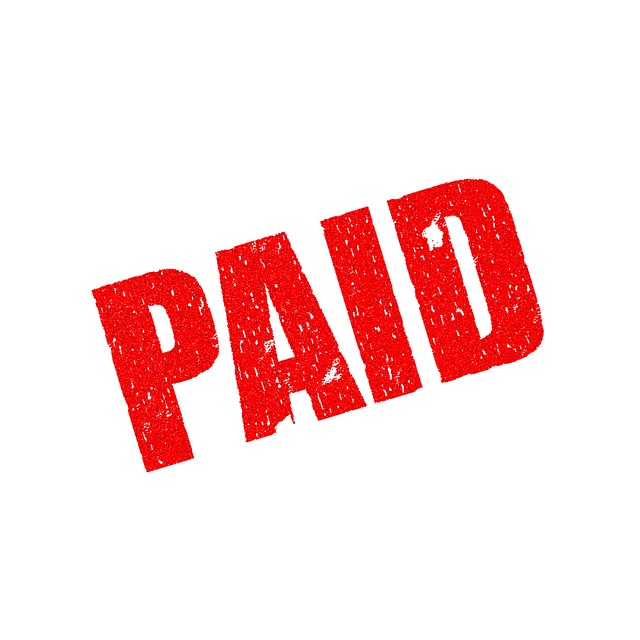Things that you should have ready before speaking with clients
When meeting with a potential client, there are some things you should have for them, such as a price sheet listing the breakdown of the services they will receive. You should also have a business card that has all the information they would need to contact you. Additionally, a link to a digital portfolio presenting examples of your work is not only important, but expected.
Tips on selling your service, speaking with clients, and maintaining professionalism

When trying to sell yourself to a client always be confident and know what you’re talking about. Always be sure to remain professional and try to develop a business relationship with the client. Try to get as much knowledge as you can about the client and what it is that they are looking for from you. Also give them as much information as you can about the services you will provide. If you have a price sheet make sure to bring that along with you to show to the client.
Making sure prices are worth your work

When making yourself a price sheet, make sure your prices reflect your work and experience. It is best to come up with a basic price sheet and know around how much you will charge rather than guessing and coming up with a price on the spot because doing this may cause you to end up selling yourself short. Also make sure your prices are reasonable and that you are always willing to be flexible with your prices to a point. Don’t ever sell yourself short just to get a job.
Invoice Letters

Having a invoice letter to send to a client makes you look very professional and lists everything out for them making it easy to read. Make yourself a invoice template that you can change based on what you will need to charge the client.
Legal knowledge

When professional freelancing it is recommended that you make your business a DBA (Doing business as) or a LLC (Limited liability company). Make sure to keep in track of how much tax money you are estimated to owe, and make sure to complete a W-9 form when working with a new client.”If you’ve earned more than $600 in a year from a client, they have to report these payments to the IRS through Form 1099-Misc. Your client will send you a copy by the end of January each year. Be sure it’s accurate – does the amount the client stated they paid you match your records? You don’t have to do anything with the form other than it in your records and use it as a reference when you report your annual income to the IRS. Think of it as the freelancer’s equivalent of the W-2 form.” (Beesley, 2012)
Budgeting Equipment

When starting off, buying equipment can be pretty expensive but there are some ways around that. There are some places that allow you to rent equipment which can be less expensive than actually buying it. Also if you know other freelancers, ask them if you could borrow some of their equipment; most people are even nice enough to let you borrow for free. Also don’t expect to be able to afford the best gear right from the start, take your time and keep upgrading when you can afford to.
Working with others

Sometimes you may find yourself having to work with other freelancers to get a job done. Some jobs may be too much work for just one individual and you may need to find some friends, family, or other freelancers to help get the job done. When working with others make sure you take their ideas into consideration. After all these are people who are going to be apart of your team and everyone’s ideas and input counts.
Making the clients happy

When working with clients you want to make them as happy as possible. Try to give them previews of the work you are doing for them, and to make sure that you keep them in the loop on how everything is coming along. After the project is done you can send them a package including their video, maybe a gift, a thank you note and some more of your business cards to pass along to their friends and family.
SOURCES
Beesley, C. (2012) Starting a freelance business – how to take care of legal, tax and contractual paperwork. Available at: https://www.sba.gov/blogs/starting-freelance-business-how-take-care-legal-tax-and-contractual-paperwork (Accessed: 15 December 2016).